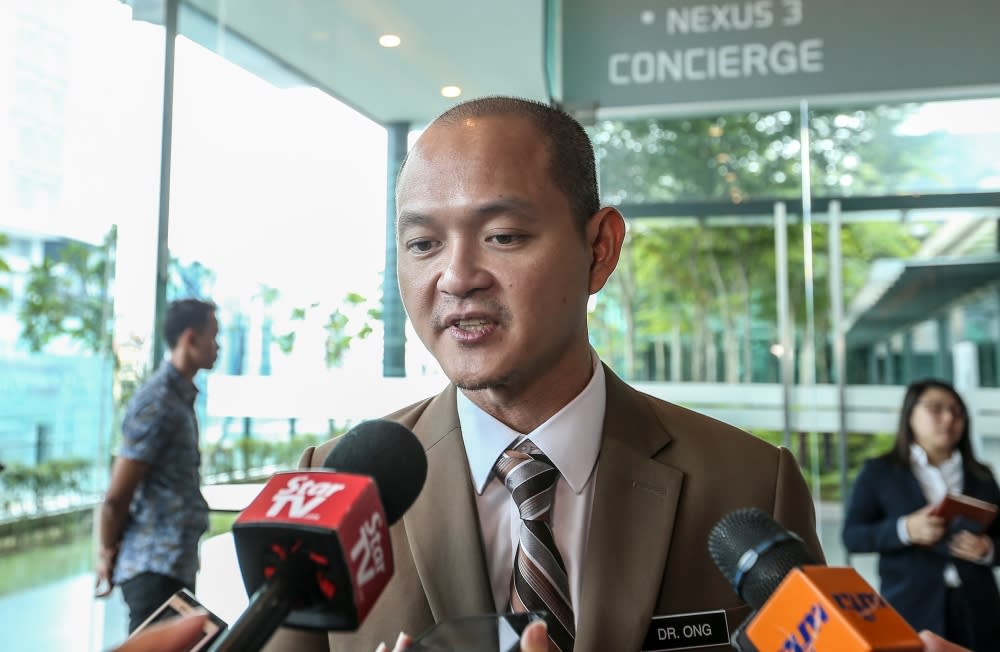Ong Kian Ming: PTPTN loan repayment via income contingent loan method should have been implemented gradually

KUALA LUMPUR, Nov 2 — DAP’s former Bangi MP Ong Kian Ming said the proposed income contingent loan repayments (ICLR) implementation for the National Higher Education Fund Corporation (PTPTN) could have taken a more gradual approach towards being accepted.
Ong, a former deputy international trade and industry minister, said the ICLR should have been implemented according to those in the larger income brackets and new PTPTN recipients rather than existing ones.
“This is done as new borrowers would know about the ICLR right from the start and not be shocked by higher repayment rates if they were to earn a higher salary soon after graduating.
“They could then plan their finances accordingly including servicing their car loans, mortgages and other monthly fixed expenses,” he said in a statement today.
Ong, a former PTPTN board member from 2018 to 2020, was responding to Perikatan Nasional (PN) parliamentarian Datuk Wan Saiful Wan Jan who hit out at Prime Minister Datuk Seri Anwar Ibrahim over a proposal to collect student loan repayments through automatic monthly salary deductions.
In a press conference in Parliament on Monday, Wan Saiful said a similar proposal was made when he served as the PTPTN chairman in 2018.
The Tasek Gelugor MP said the proposal, which would involve deductions of up to 15 per cent of the monthly salaries of those earning above RM2,000, was rejected by Anwar and Johor Baru MP Akmal Nasrullah Nasir at that time.
At present, payment of PTPTN loans through salary deductions is made on a voluntary basis.
Ong, who credited Wan Saiful for his efforts in improving the corporation’s financial position when he was PTPTN chairman, said the concerns raised on the proposed ICLR’s impact in 2018 were not mainly about the concept itself, but rather its implementation.
“The challenge was not so much objecting to the concept of ICLR but the way it was going to be implemented.
“The proposal to significantly reduce the amount of loan repayment for those earning below RM2000 a month also included increasing the monthly repayments of those earning higher salaries.
“This would have meant a big jump in monthly repayments of those earning above RM4000 a month, for example,” Ong said.
He also proposed additional solutions, such as the securitisation of some of the PTPTN loans with higher repayment rates.
He said this could be from students who graduated with science, technology, engineering, or mathematics degrees who are able to secure higher paying jobs and work with responsible debt collection services to increase the repayment rate, especially among the defaulters.
However, Ong disagreed with Wan Saiful’s suggestion to place PTPTN under the purview of the finance ministry to function more like a financial institution with powers to invest its funds from the National Education Savings Scheme (SSPN) savings and for it to go out to secure more savings.
He said this would detract PTPTN from its original purpose as a lender to students for higher education, especially for those in the B40 category.



